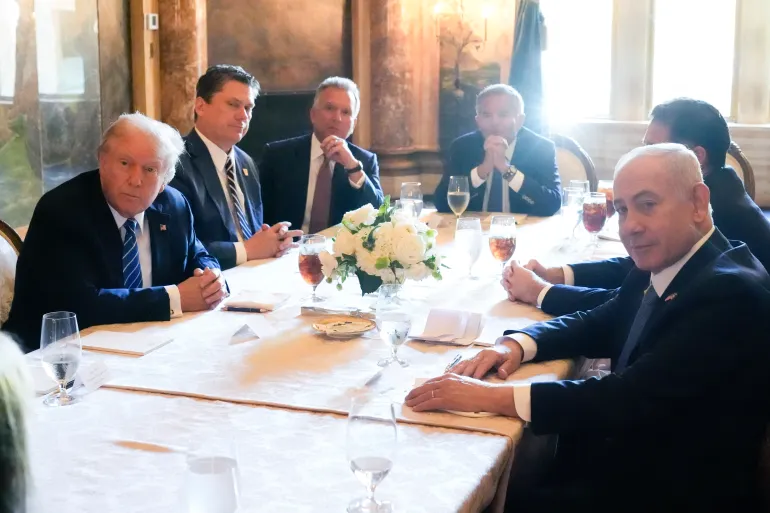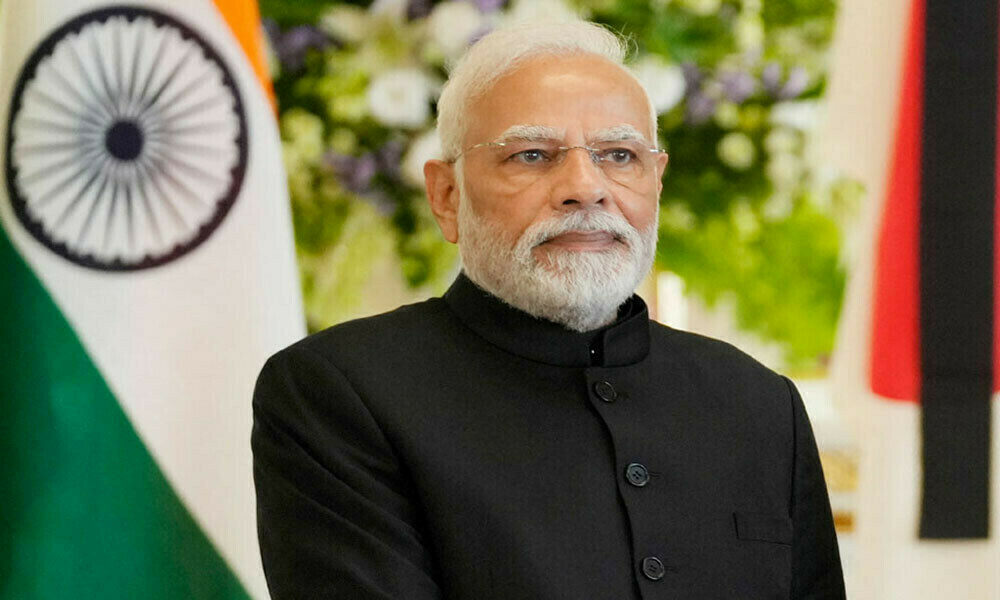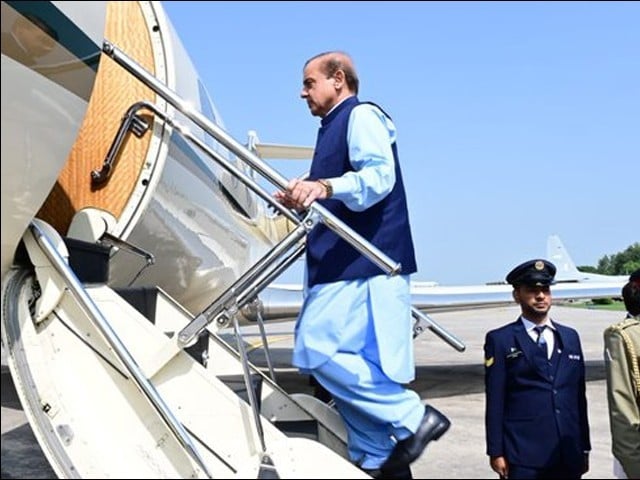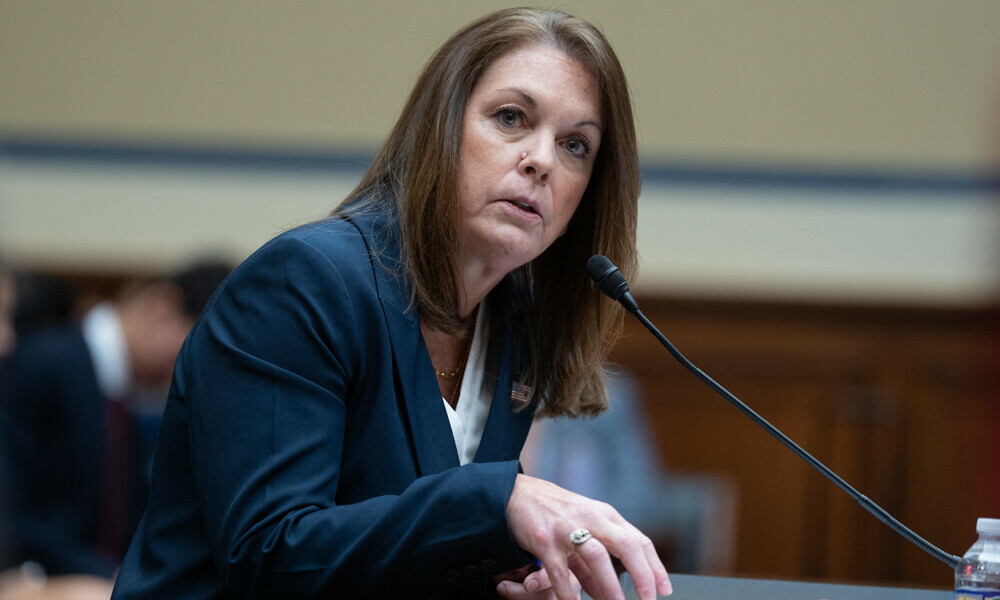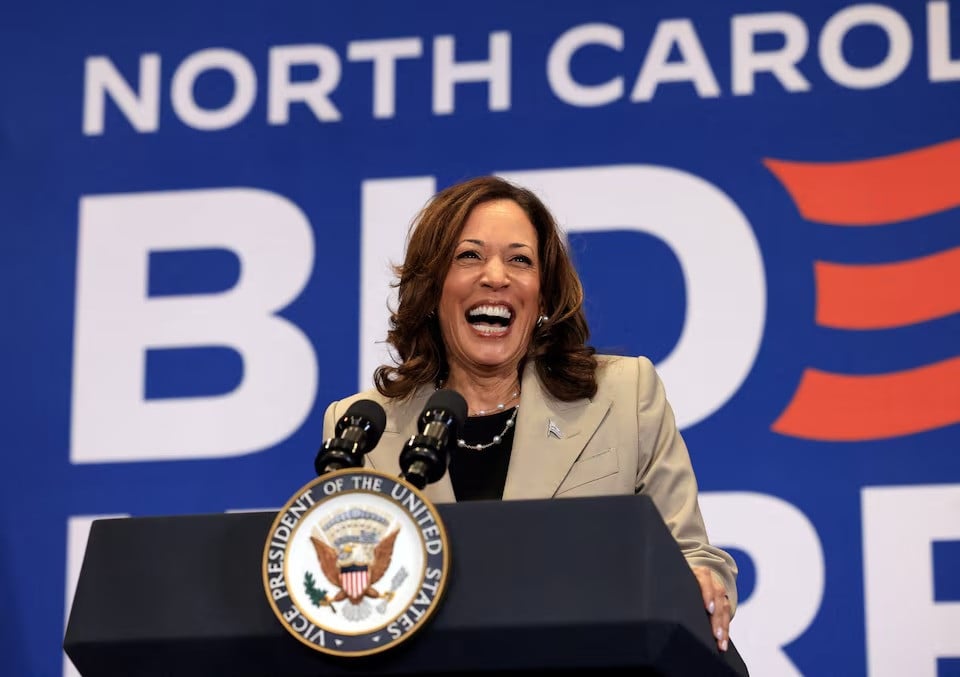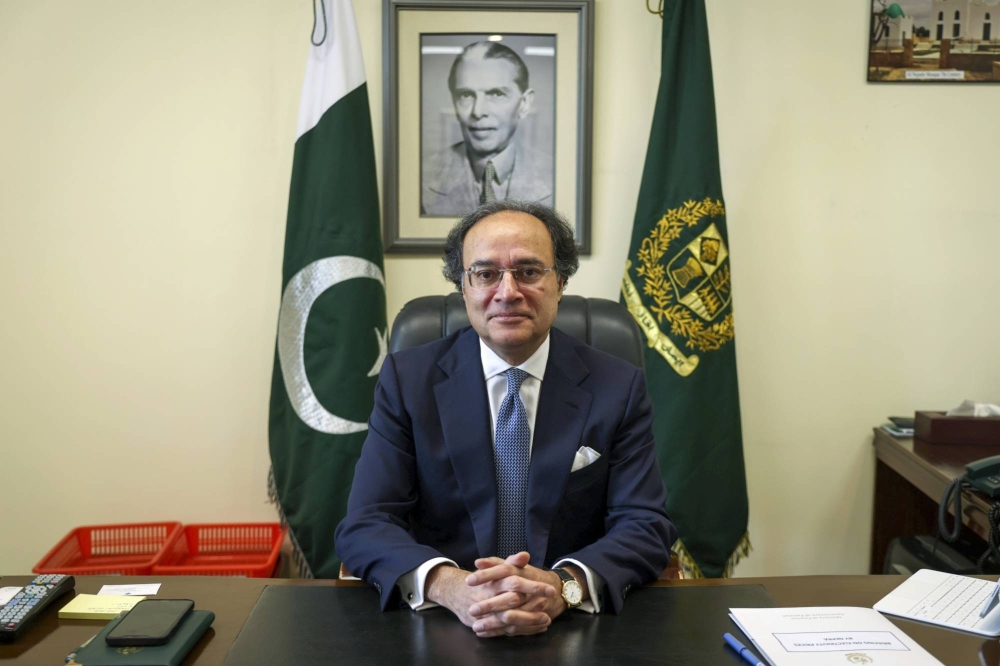The Supreme Court of Pakistan, in a significant move, has Constituted a Larger Bench to Address Alleged Interference by Security Apparatus in Judicial Affairs
On 25th March 2021, a significant event unfolded in the legal landscape of Pakistan. Six judges of the Islamabad High Court (IHC) penned a letter to the Supreme Judicial Council (SJC), alleging interference by the country’s intelligence agencies in their adjudication. In response to this grave accusation, the Supreme Court of Pakistan took a decisive step, constituting a larger bench to hear the case. This committee, formed under the Supreme Court Practice and Procedure Act 2023, has assembled a six-member larger bench, with CJP Qazi Faez Isa at the helm, and Justices Syed Mansoor Ali Shah, Jamal Khan Mandokhail, Athar Minallah, Musarrat Hilali, and Naeem Akhtar Afghan, with Justice Yahya Afridi as the only exception.
The formation of the larger bench, however, was not without its share of uncertainty. Initially, a seven-member larger bench, led by the Chief Justice of Pakistan, took up the matter on 3rd April 2021. Yet, Justice Yahya Afridi later recused himself from the case, leaving the remaining six judges to carry on. The court roster, a document of great significance in This context, was issued from Karachi, bearing the signature of SC Registrar Jazeela Aslam. However, it remains unclear whether the committee reached a unanimous decision on the formation of the larger bench, or if it was a majority ruling.
During the first hearing of the case, CJP Isa hinted that the full court could be formed. Lawyers who are backing the six IHC judges’ stance have been expressing their disappointment over the absence of a full court, urging the committee members to reconsider their decision. It remains to be seen if the bench will defuse the matter and give guidelines for the future.
The CJP has made it clear that he did not receive a single complaint of executive interference during his tenure. PTI leaders have been complaining about the manipulation of judicial proceedings in matters related to them, especially those pertaining to the party’s founding chairman, Imran Khan. Moreover, the PTI chief has already expressed mistrust of IHC Chief Justice Aamer Farooq.
There are serious concerns being raised about the due process and potential political influence in Imran Khan’s trials. The superior judiciary led by CJ Isa has yet to dispel the perception that a political leader, with tense relations with powerful circles, is being unfairly convicted. This was evident in the Panamagate scandal, and the same concerns are arising with Imran Khan’s cases. The larger bench’s role in securing the six IHC judges from future harassment is under scrutiny. The chief justice himself is a victim of a witch-hunt after his decision in the Faizabad Dharna case. There are reports that one section within the government is considering a judicial reform package through a constitutional amendment, further adding to the concerns and awareness of the public.
The outcome of every important case will be significantly influenced by the lens of the proposed judicial reforms, raising concerns and engaging the public.






































